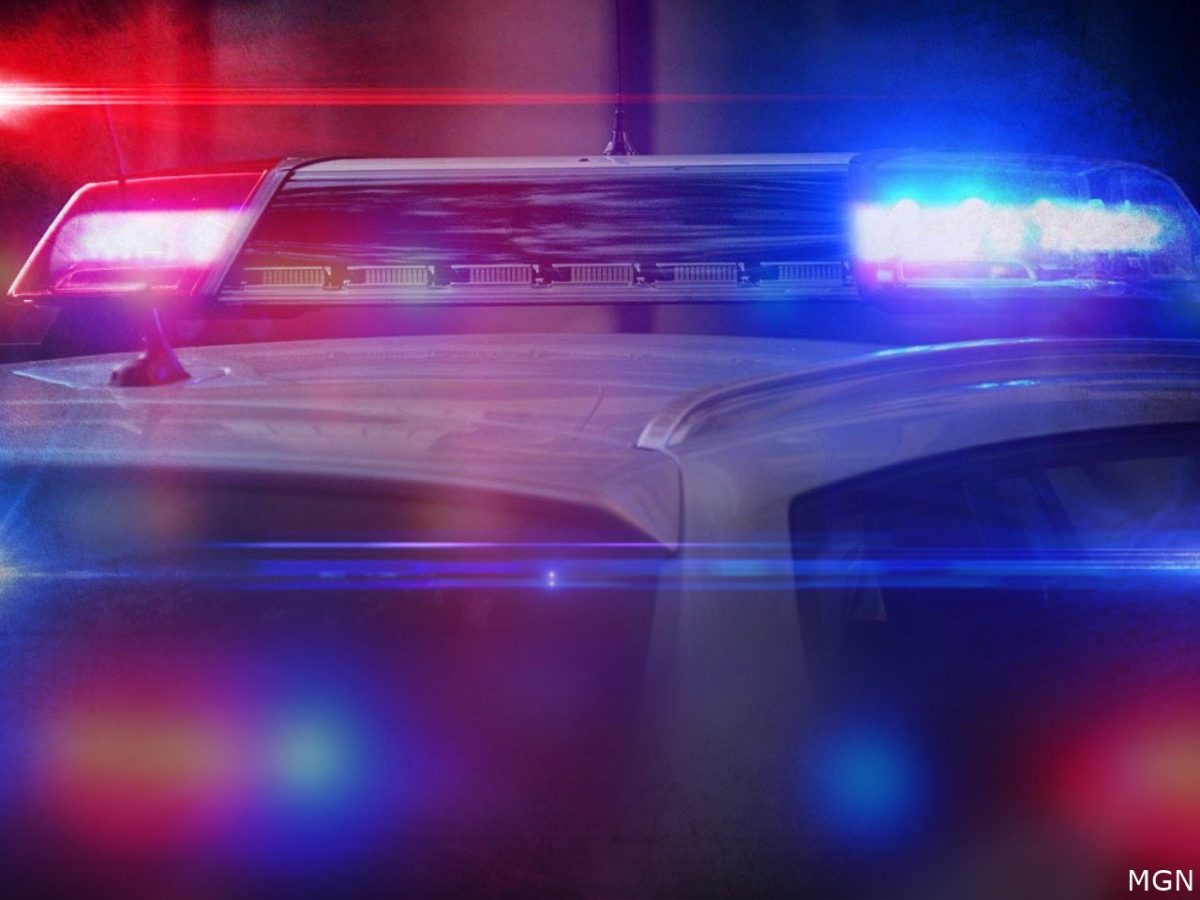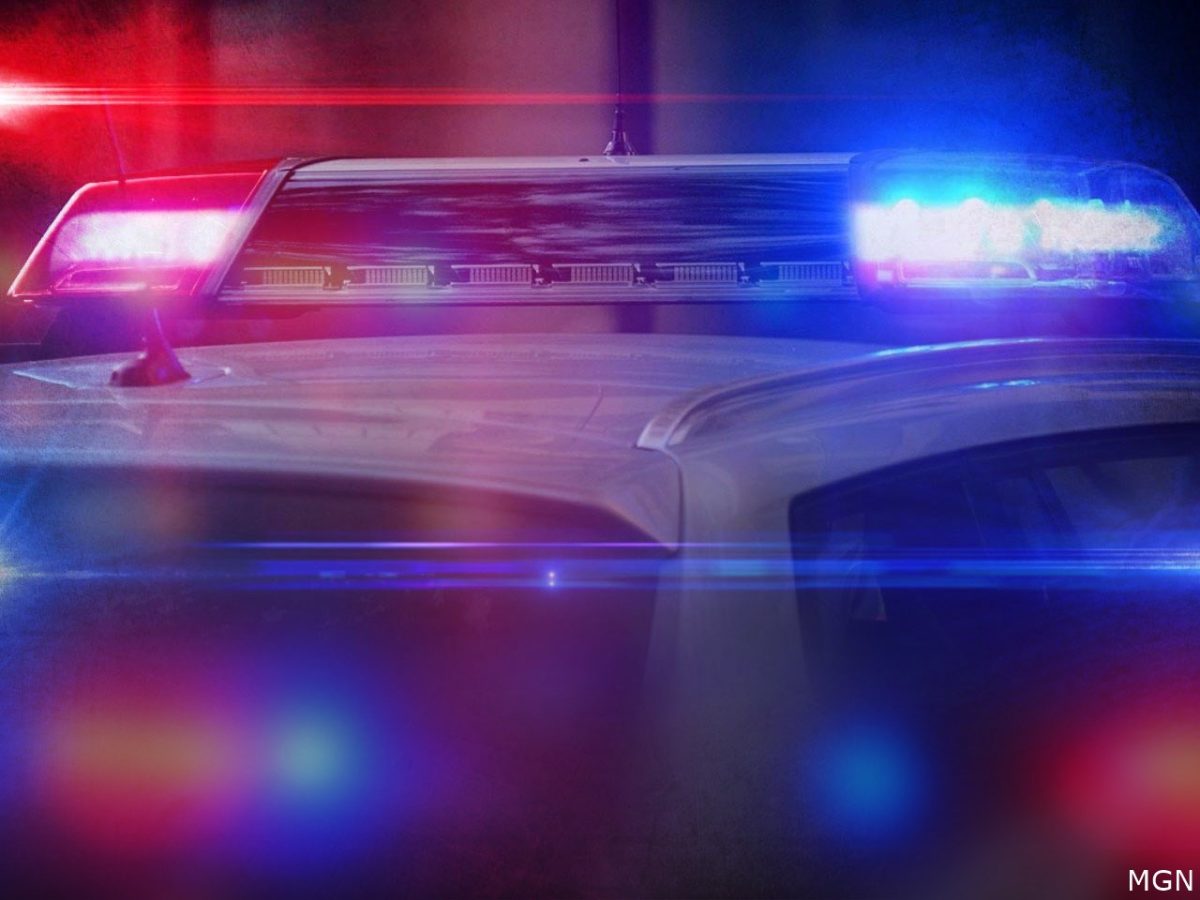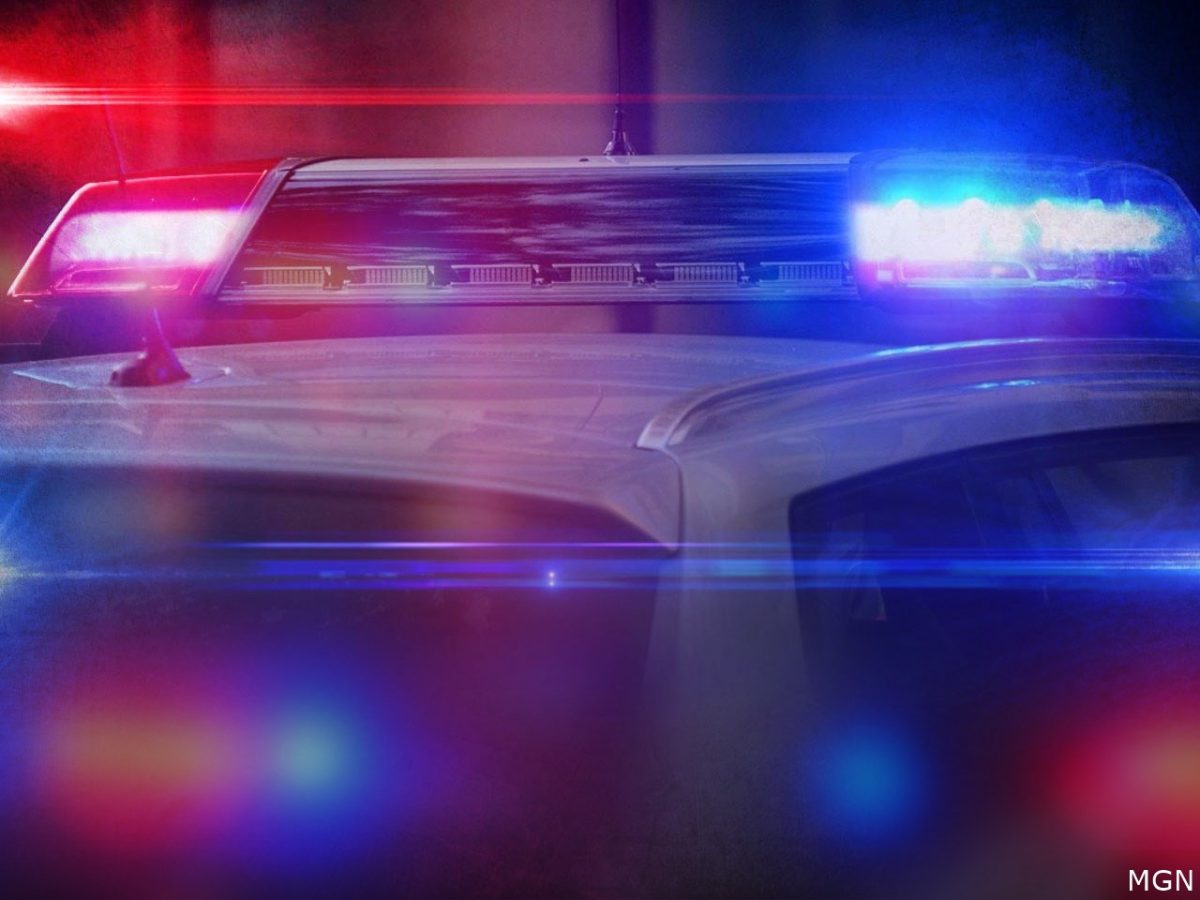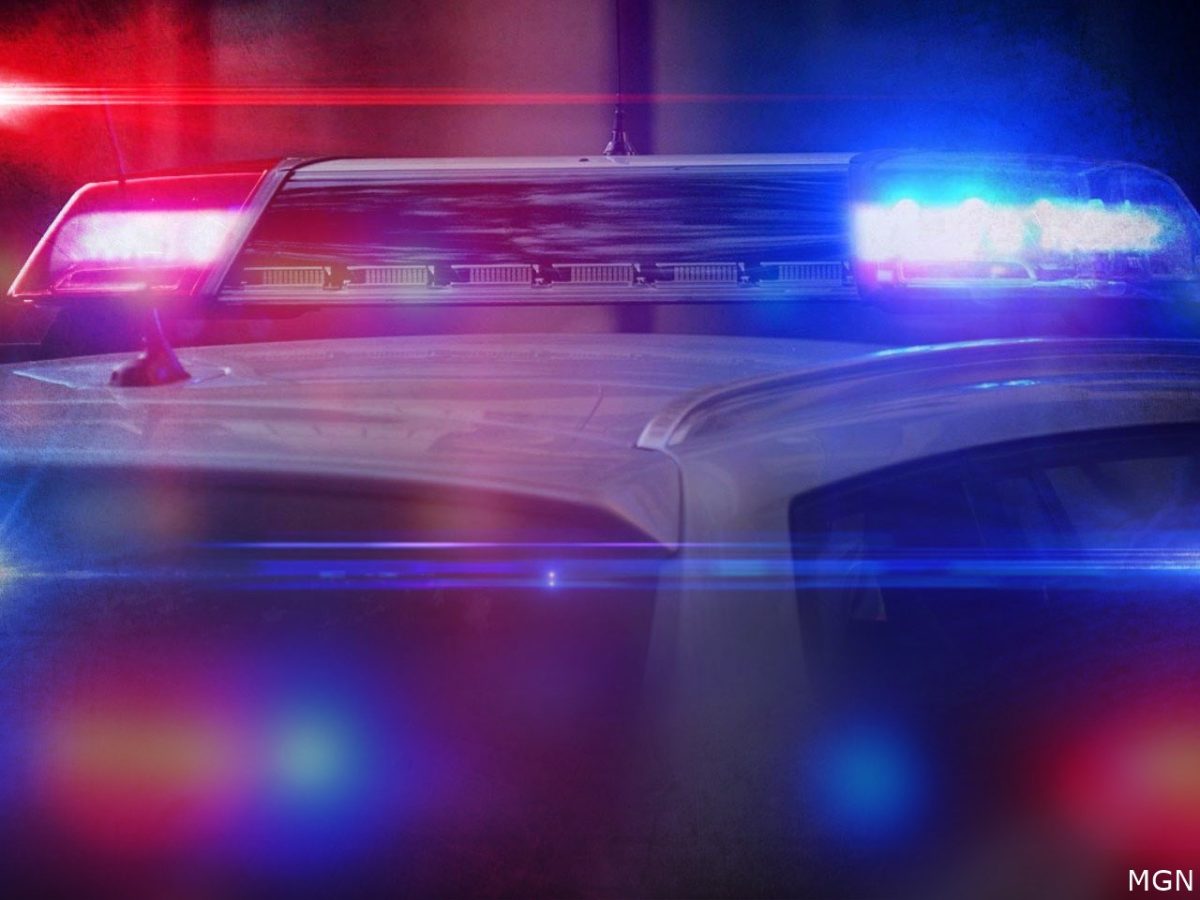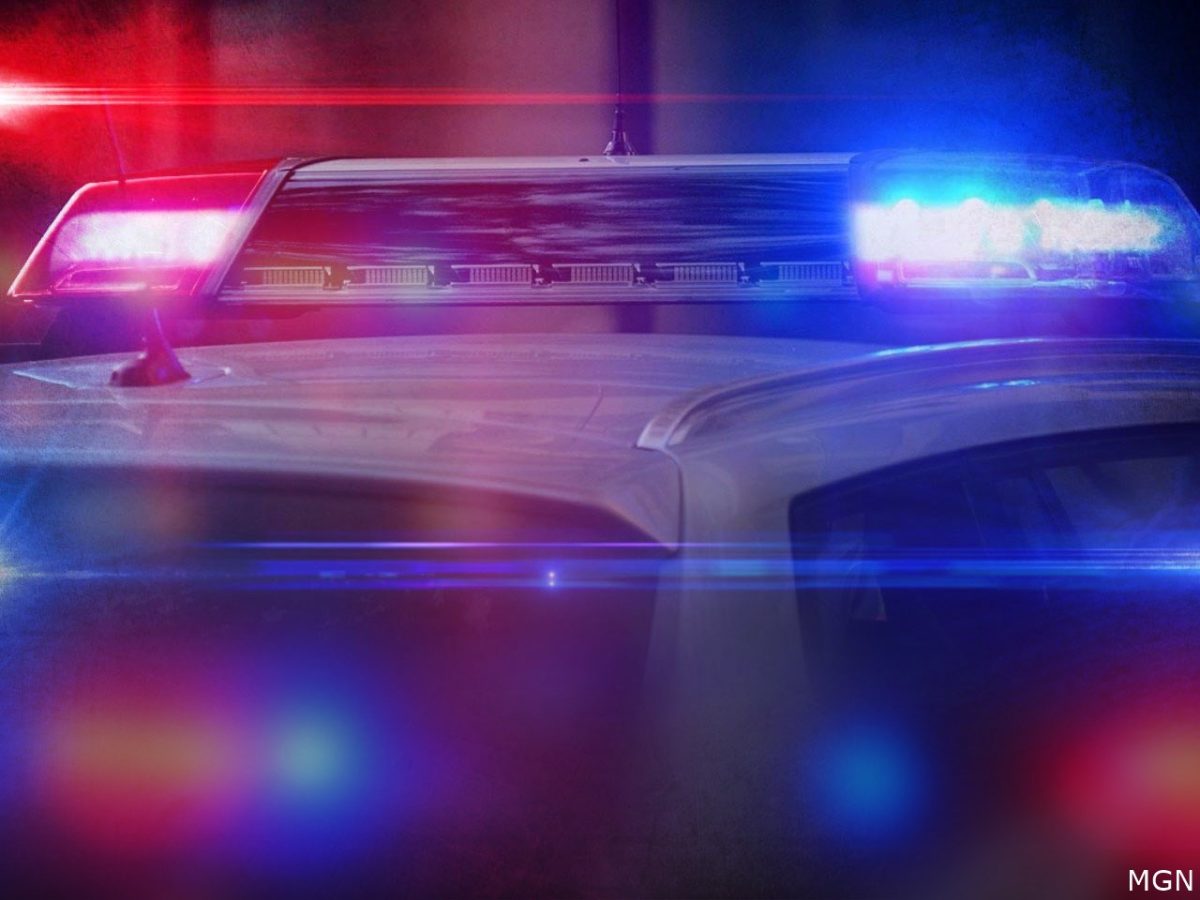Weber State University provides several ways for students to learn self-defense and red flags for sexual assault and harassment, as well as offering Safe@Weber, the campus violence prevention program.

The Rape, Abuse and Incest National Network is the nation’s largest anti-sexual violence organization.
According to RAINN, among undergraduate students, 26.4% of females and 6.8% of males experience rape or sexual assault, 23.1% of transgender, genderqueer or gender-nonconforming college students have been sexually assaulted and 13% of all students, undergraduate and graduate, experience rape or sexual assault.
According to Weber’s 2019-2020 Annual Security/Fire Report and Safety Plan, in 2019, there were 12 rapes reported that took place on campus or student housing.
The term “sexual assault” may be a blanket term with some ambiguity, but RAINN defines sexual assault as “sexual contact or behavior that occurs without explicit consent of the victim.”
In addition to rape, RAINN says other forms of sexual assault include attempted rape, unwanted sexual touching and forcing a victim to perform sexual acts.
Increasing awareness of sexual assault is one preventative action. To see additional examples of red flags of assault and abuse, including domestic and dating abuse, students can refer to the Safe@Weber website.
Preventative action may also include a self-defense course, such as the one provided by Weber campus police in November. Students can find more information about the course by contacting Sgt. Zaragoza at tessiezargoza@weber.edu or registering at https://weber.edu/police/rad.html.
The services provided by Safe@Weber apply to students, faculty, staff, alumni and other associates of Weber. The program is for those that have experienced sexual violence both on and off campus.
The Safe@Weber office is located in room 323 of the Shepherd Union. Although it is located in the Women’s Center, Jessica Pleyel, the Safe@Weber victim advocate, said the services are not limited to women.
“I’m in the Women’s Center, but that doesn’t mean that I only serve women; I serve every gender identity,” Pleyel said.
One example of assistance Pleyel can offer survivors is safety plans.

“If somebody has experienced something that has made them unsafe, how do we make them feel safe both on and off campus? Those safety plans look like a lot of different things, and I always try to come from a model of trauma-informed care and empowerment,” Pleyel said.
Other examples of services include counseling referrals, assistance with talking with police and working with the Affirmative Action and Equal Opportunity office.
“Title IX is a federal law that prohibits discrimination for harassment including sexual harassment and sexual misconduct on the basis of sex,” Laura Thompson, executive director of the Affirmative Action/Equal Opportunity Office, said. This office handles Title IX reports.
“What I love about Weber is that we have really good connections with our Title IX folks and our police,” Pleyel said. “We work really hard to keep those relationships strong and have really good communication so that we can all support those survivors.”
Reporting assault is often emotionally challenging for the victim. Safe@Weber provides an advocate that can assist in the reporting process.
The Women’s Center can be reached at 801-626-6090 or by email at womenscenter@weber.edu. The Women’s Center can also provide information about reporting. Weber also offers counseling through the Counseling & Psychological Services office.
Having a knowledge of campus resources such as Safe@Weber and the Women’s Center not only benefits individuals, but also prepares people for a situation in which someone may confide in them about their assault.
In the event of experiencing or witnessing an assault on campus, contact the WSU Police Department at 801-626-6460 or 911.














